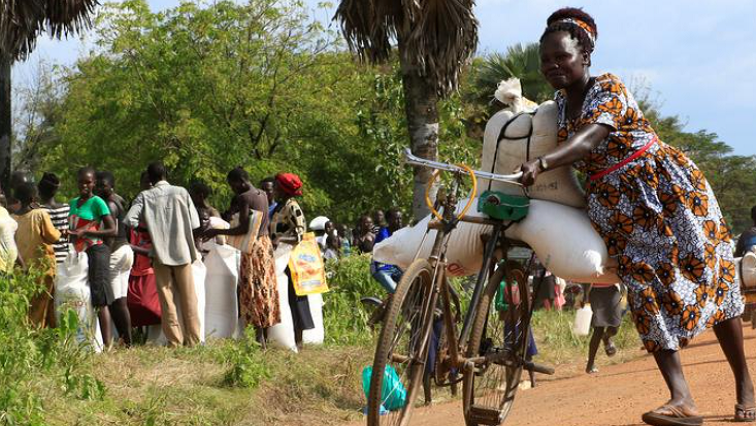Shehu Ismaila Gbadebo has worked as a barber for two decades. The money he made at his rented stall in a bustling suburb of Nigeria’s megacity, Lagos, used to be plenty for him to pay bills and set aside some savings.
Now, he relies on donated food and sometimes skips meals to feed his family.
Since COVID-19 hit Africa’s most populous nation and biggest economy, prices for some staples such as eggs, onions and palm oil, have risen by 30% or more. Fewer people can afford a haircut, and those who can are demanding discounts off Gbadebo’s $1.22 rate.
“The money I have is not enough for what we need,” Gbadebo, 38, told Reuters after tending a customer.
Millions of Nigerians like Gbadebo, who were once on solid financial footing, can no longer reliably feed themselves or their families.
Roughly 18% of households in Nigeria have at least one adult who does not eat for an entire day at a time, compared with 6% before the pandemic, according to the World Bank. Inflation is near an all-time high, and food prices account for almost 70% of the rise.
The UN food agency has warned that food import costs worldwide are expected to surge to records this year, as price increases for nearly all agricultural commodities and a rally in energy prices boost production and shipping costs.
But in Nigeria, galloping inflation is combining with the impact of a teetering economy, rising unemployment and insecurity in farming regions to pull even the formerly middle class into dire straits.
Some experts warn of worsening malnutrition and the potential for unrest.






